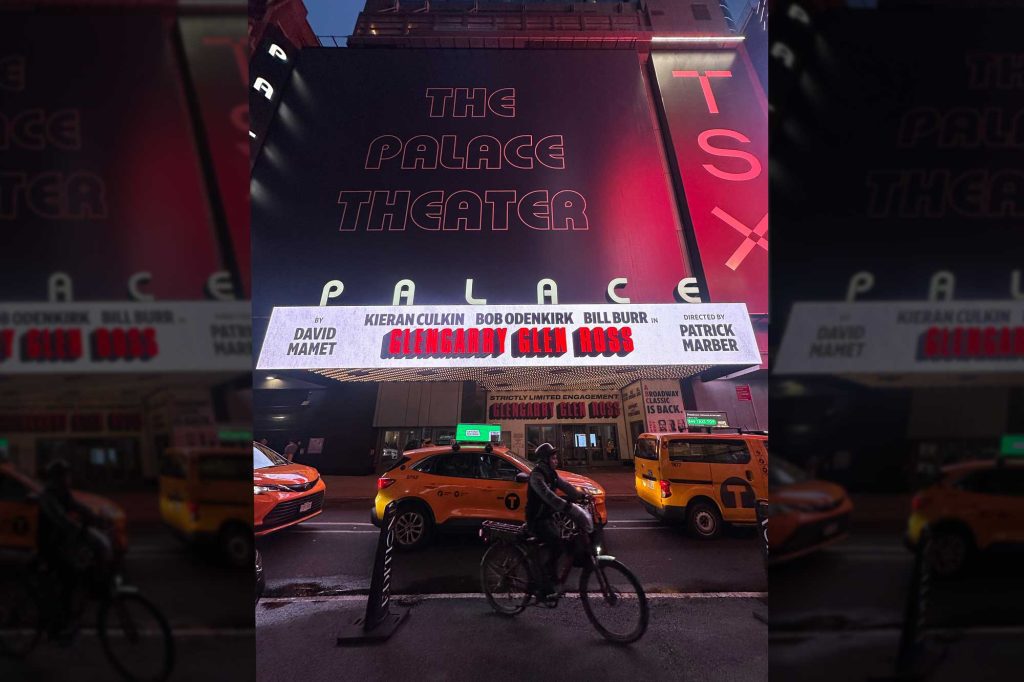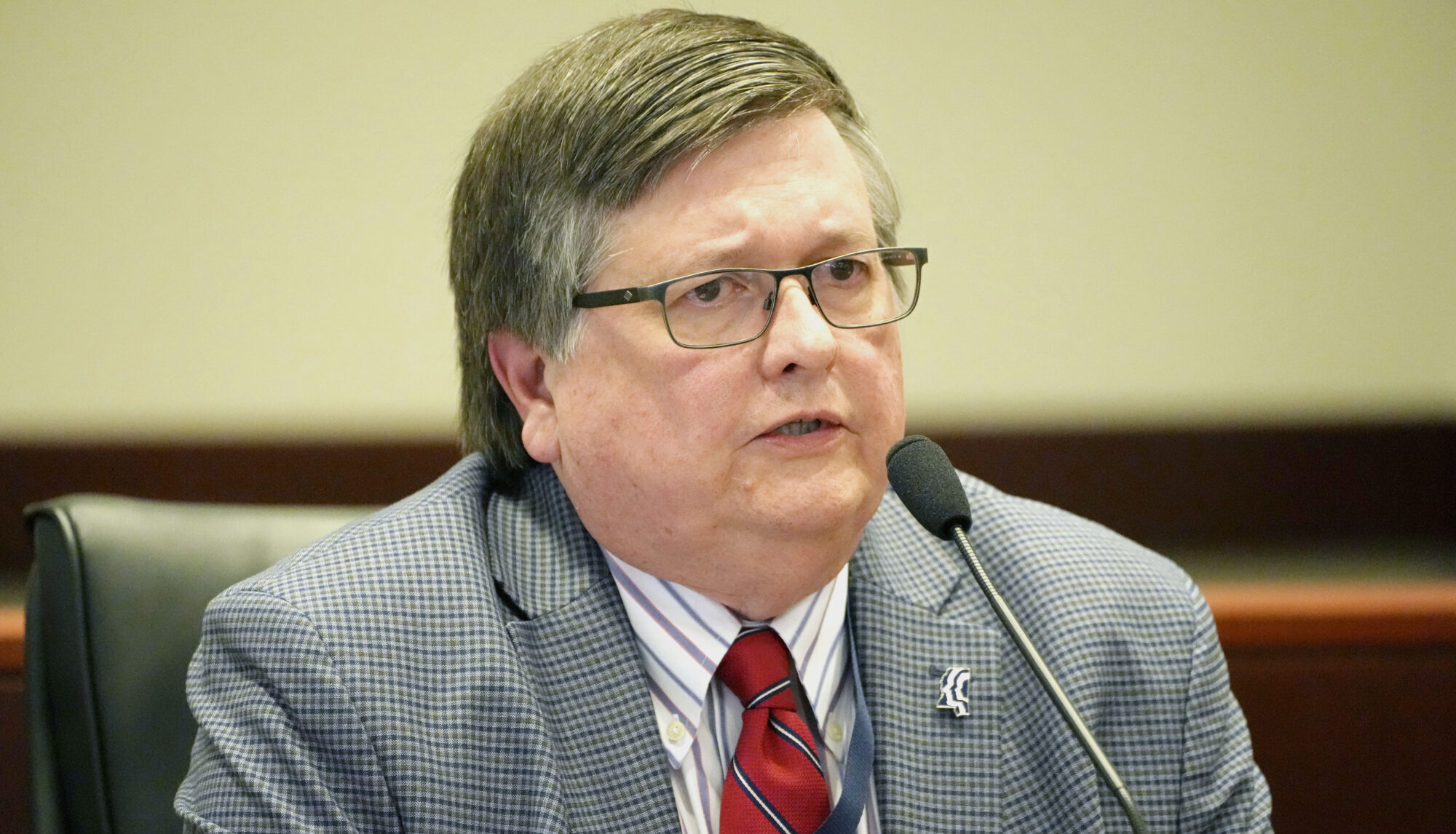
Mississippi cities, counties and the state to receive funds.
The Infrastructure Investment and Jobs Act currently totals at $550 billion and gives U.S. Transportation Secretary Pete Buttigieg autonomy over roughly $105 billion of new spending that has reached $274 billion in the bill.
At this point, the majority of the bill is based on traditional infrastructure but there are several new highlights that are being debated, including an additional influx of spending on top of those base bills.
Senator Cindy Hyde-Smith has acknowledged the necessity of upgrading infrastructure in Mississippi and across the country. As the process continues a spokesperson with her office said she is looking at the credibility of the offsets in the package, and believes a Congressional Budget Office score would be helpful to determine whether this huge bill is actually paid for or just more deficit spending.
According to Roll Call, 11 Republicans and 11 Democrats have been actively engaged in negotiations over the nearly 3,000 page bill. They anticipate the impact could reach into other portions of the federal government, adding money for programs in the Interior and Energy Departments as well as the EPA.
A new portion of the budget being talked about includes the Surface Transportation Reauthorization and Water Resources bill. This is largely based on the EPA’s Surface Transportation Reauthorization Act of 2021 (STRA) as well as the Drinking Water and Wastewater Infrastructure Act of 2021 (DWWIA), according to Senator Shelley Capito (R-WV).
Capito says this legislation set the standard for bipartisan leadership in the Senate. The STRA takes steps to repair the country’s roads and bridges, encourages job creation, and simplifies the permitting process, among other things.
“The bill is flexible to states’ unique needs and responsive to the urgent need for investment,” said Sen. Capito.
The DWWIA also made strides in the EPA’s grant and loan programs with an investment of more than $35 billion in drinking water and wastewater infrastructure.
Mississippi looks to benefit from the bill in various ways but the most direct impact will come through the formula used to divide dollars through particular criteria and the new White House program outlines. Once those standards are set, Mississippi city and counties would be eligible for competitive grants handed out at the discretion of cabinet agencies like the Department of Transportation.
In Mississippi, over 1,386 bridges and over 5,840 miles of highway are in poor condition with commute times increasing since 2011, the White House reports. Based on the new formula, Mississippi could expect to receive $3.3 billion in federal-aid for highway programs and $225 million for bridge replacement and repairs over the next five years. There would also be a push to increase transportation options across the state with an investment of $223 million over that time period.
Mississippi lawmakers have been implementing additional broadband services since before the pandemic, and has used pandemic relief funds to buoy that effort. Now, the Infrastructure Investment and Jobs Act will allocate a minimum of $100 million to increase that coverage, including access to at least 531,000 Mississippians who currently lack broadband access. Just over 1 million of the state’s population will be eligible for the Affordability Connectivity Benefit which will help low-income families obtain internet access, the Biden Administration says.
Senator Roger Wicker helped co-sponsor an amendment for the I-14 interstate project in South Mississippi with Senator Ted Cruz that was added to the bill. The project will specifically benefit Natchez for years to come.
This is a great step forward for the I-14 interstate project that would connect Mississippi to the rest of the South.
I was glad to cosponsor Senator @tedcruz’s amendment to add the designation to the infrastructure legislation now pending on the floor.https://t.co/x9yUWMLL8a
— Senator Roger Wicker (@SenatorWicker) August 5, 2021
Currently, the bill affords the rail industry $66 billion, with Amtrak getting $58 billion between Northeast Corridor grants and federal-state partnerships for the rail network. Before the pandemic, Amtrak received roughly $2 billion in federal subsidies a year.
Transit would receive $39 billion and provide $8 billion for Capitol Investment Grants which go towards things like heavy rail, commuter rail, light rail, streetcars and bus rapid transit. Improvements for the elderly and those with disabilities would see $1.75 billion.
For highways, roughly $110 billion is currently being appropriated, with half of that going toward contract authority and an additional half for supplemental appropriations, this according to Roll Call. The Highway Trust Fund would continue to receive dollars from an extended gas tax that pays for transit. That fund would also borrow around $118 billion in general revenue to meet current needs.
The infrastructure bill repurposed $3 billion from the COVID-19 relief that was initially used for payroll support protection for airlines. Airlines have gone through almost all of the $40 billion in payroll support they were given in 2020. However, cargo airlines only used $1 billion of their $4 billion that was appropriated.
In the bills current form, airports would receive an additional $25 billion with $15 billion in formula funding over the next five years geared toward runway and tower projects. Another $5 billion would go toward upgrades in Federal Aviation Administration facilities and equipment.











